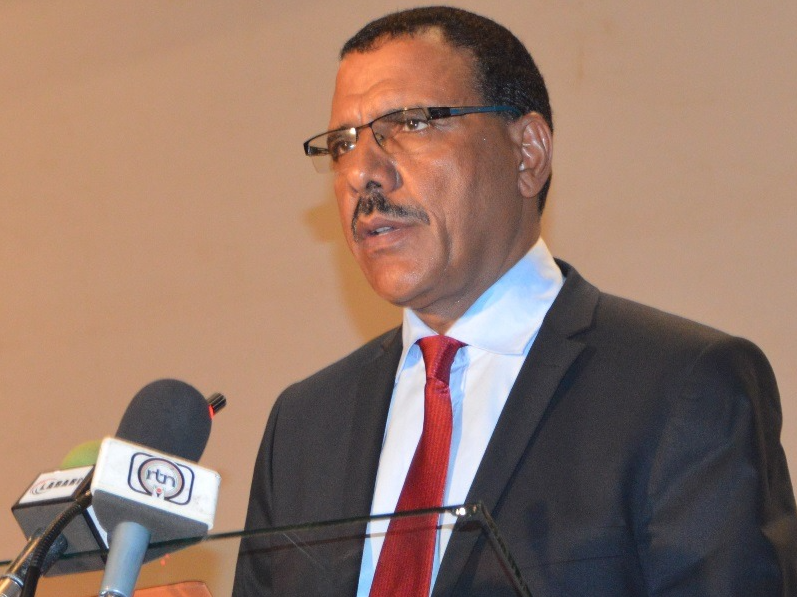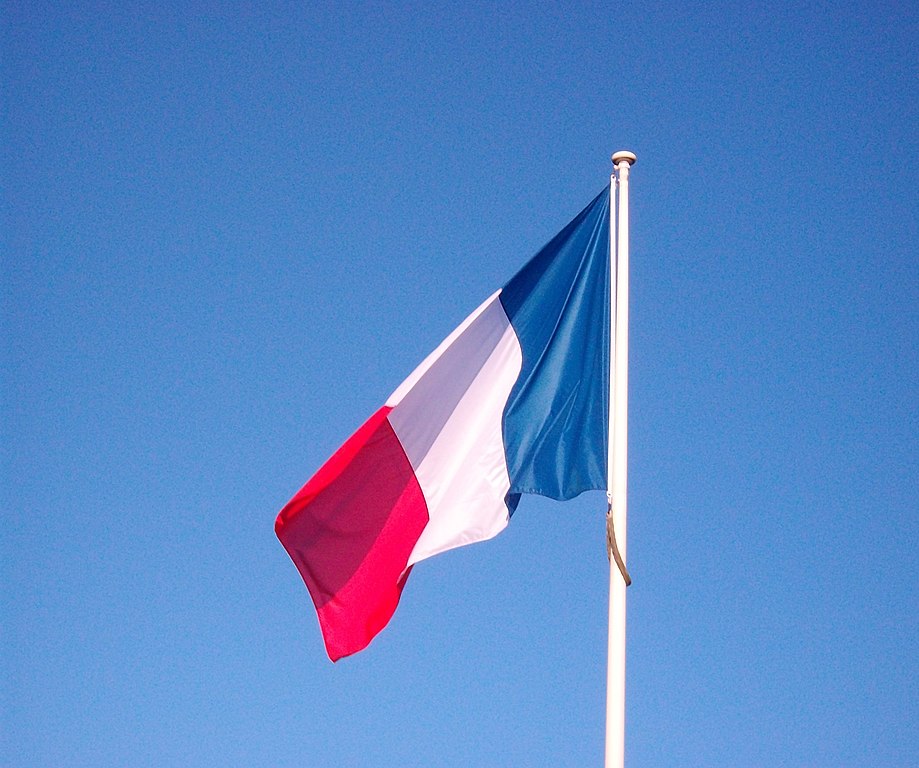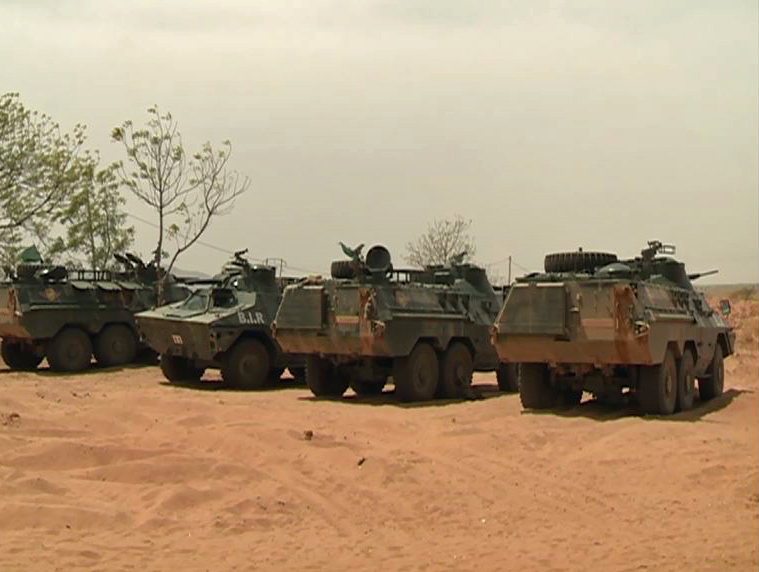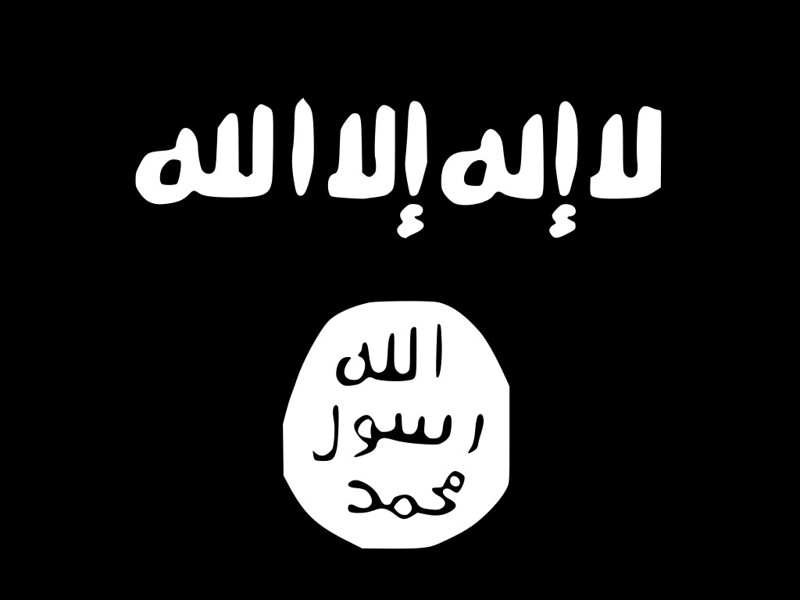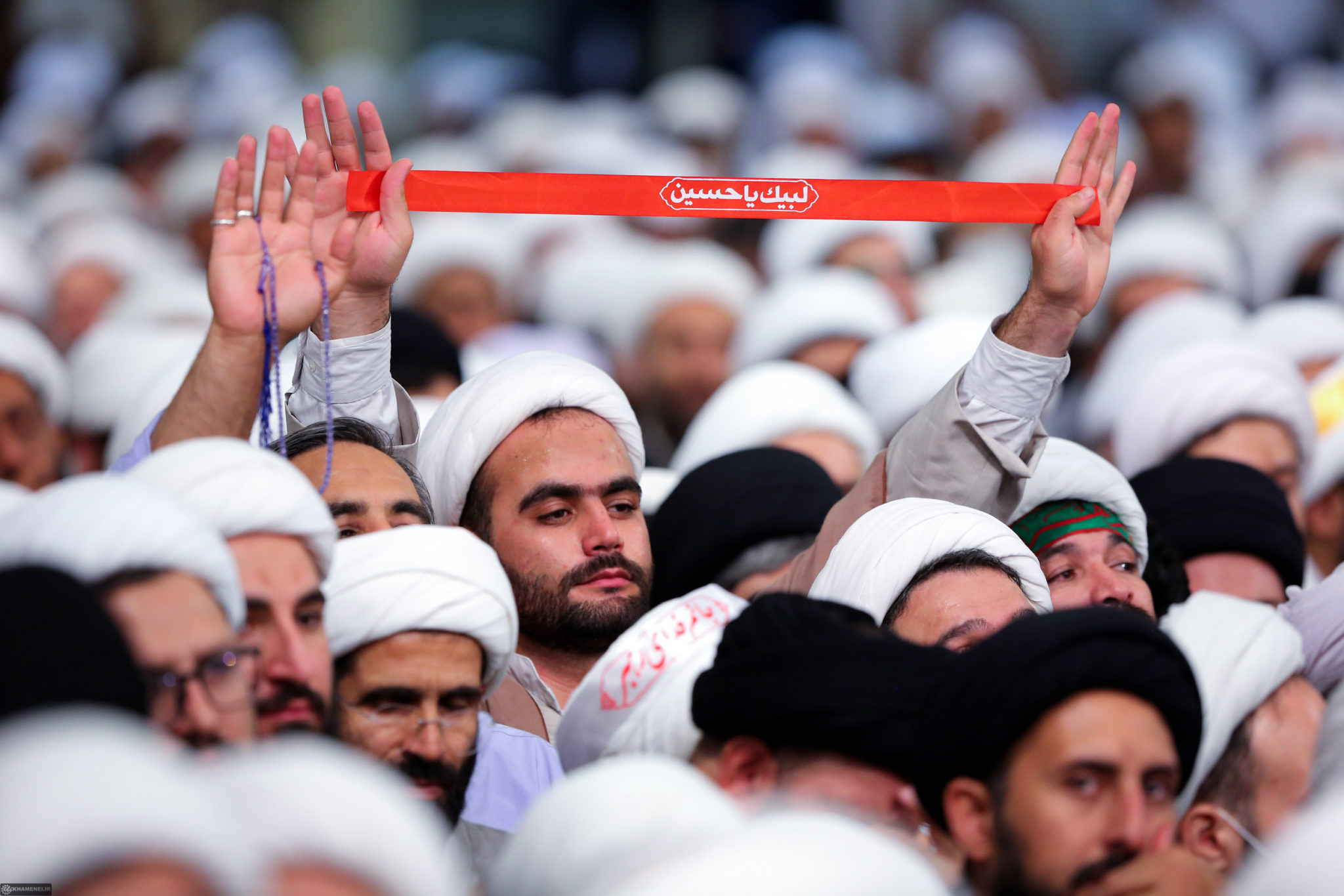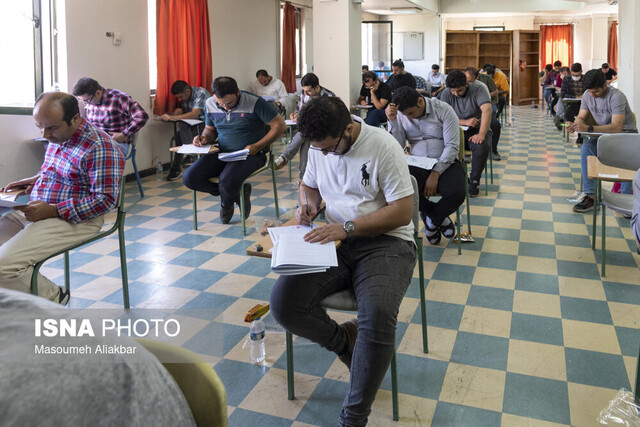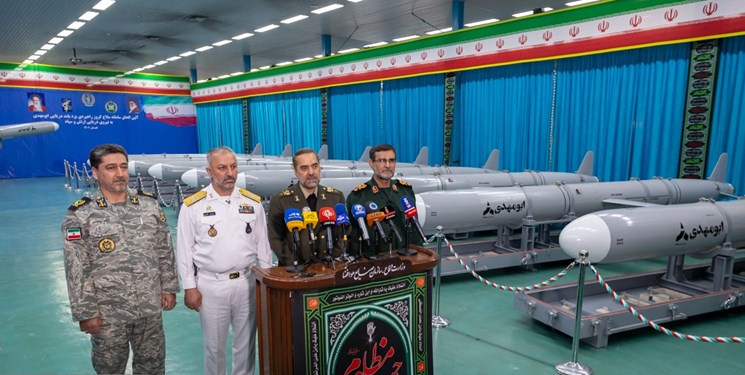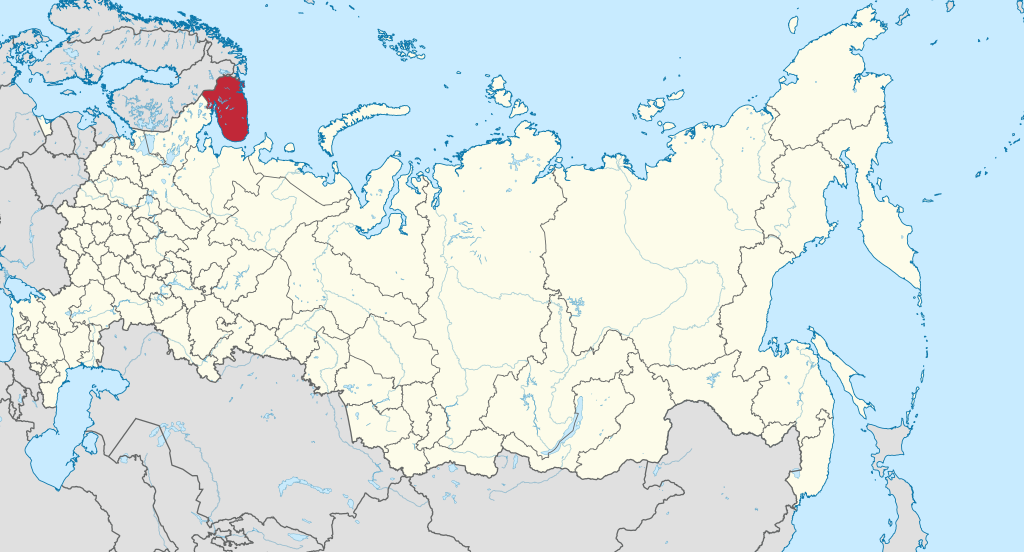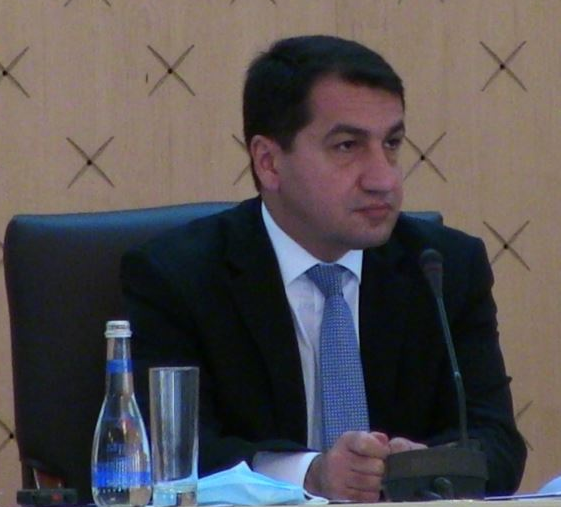
Hikmat Hajiyev has been the Foreign Policy Advisor to the President of Azerbaijan since 2018.
“But the fact remains that today Armenia, even if it wants to, will not be able to transfer these weapons to the remnants of the so-called regime in Karabakh.”
For years, Armenia has watched its adversary, Azerbaijan, receive weapons from Turkey, Russia, and Israel. Armenia has a smaller defense budget than Azerbaijan’s, and thus, has not been able to match the same level of acquisitions, notably, contracting for an export version of Russia’s Iskander ballistic missile system in 2016.[i]
However, despite these challenges, according to the first excerpted article from the Azerbaijani news agency Trend, Armenia received an unnamed weapon system from India in late July 2023. The article also mentions a $400 million contract between India and Armenia signed this past year providing Armenia with the Pinaka multiple rocket launcher, 155 mm artillery systems, anti-tank rockets, and unknown quantities of ammunition.[ii] The second excerpted article from the Azerbaijani news website Caliber reports that the Assistant to the President of Azerbaijan – Head of the Foreign Policy Department of the Presidential Administration, Hikmet Hajiyev, met with India’s ambassador to discuss his concerns about the increasing military cooperation between India and Armenia. Hajiyev noted that India’s cooperation with Armenia comes as Azerbaijan and Armenia are negotiating a peace agreement and that the delivery of new weapons aggravates the situation. The article notes that India’s ambassador would relay the message to Armenia, but that the meeting was unlikely to have a major impact. While Azerbaijan has fair relations with India, it has better relations with Pakistan, including an increasing level of security cooperation in recent years.[iii] Ultimately, the delivery of weapons to Armenia could lead Azerbaijan to deepen its relationship with Pakistan.
Sources:
Takhmaz Asadov, “Из Индии в Армению везут оружие – кто хочет накалить ситуацию в регионе? (Weapons are being delivered from India to Armenia – who wants to heat up the situation in the region?),” Trend (news agency in Azerbaijan), 26 July 2023. https://www.trend.az/azerbaijan/politics/3777500.html
The movement of a vehicle column from the border checkpoint Nurduz (Iran) to Armenia was recorded. According to the spread footage, it can be seen that the cargo being transported is covered with an awning so that the destination of the cargo remains unknown. However, it is clear that the cargo transported from Iran to Armenia is for military purposes and has already been delivered to the Iranian port of Bandar Abbas.
As for the consignor of the cargo, this is India, with which Armenia has recently been rapidly increasing military-technical cooperation. It is known only from open sources in the media that a military contract worth more than 400 million US dollars has been signed between Armenia and India…
“Индия разжигает огонь на Южном Кавказе (India is stoking a fire in the South Caucasus),” Caliber (news website from Azerbaijan), 26 July 2023.https://caliber.az/en/post/180998/
On July 26, Assistant to the President of Azerbaijan – Head of the Foreign Policy Department of the Presidential Administration Hikmet Hajiyev met with the Ambassador Extraordinary and Plenipotentiary of India to our country Sridharan Madhusudhanan.
At the meeting, Hikmet Hajiyev noted that the Azerbaijani side is concerned about the deepening of military cooperation between Armenia and India, in particular, the photos and videos circulated in the media in recent days about the transportation of Indian-made weapons systems through Iran to Armenia…
Hikmet Hajiyev stressed that the supply of weapons by India to Armenia, at a time when Azerbaijan is negotiating a peace agreement with this country, serves to militarize Armenia and aggravate the situation, hinder the establishment of lasting peace and security in the South Caucasus region…The Indian Ambassador assured that he would inform official Delhi about the issue raised by Azerbaijan, noted the importance of dialogue between the two countries to discuss issues of concern in bilateral relations…
Notes:
[i] The export version of Iskander missile system does not have as long of a range as the version Russia uses, but it has many of the same capabilities. For background on Armenia’s acquisition of it, see: Matthew Stein “Armenia’s Acquisition of the Iskander Ballistic Missile System,” OE Watch, November 2016. https://community.apan.org/wg/tradoc-g2/fmso/p/oe-watch-issues
[ii] For more information on Armenia’s acquisitions from India, see: Matthew Stein “Armenia Acquires Indian Multiple Rocket Launcher System Amid Delays in Russian Deliveries,” OE Watch, 11-2022. https://fmso.tradoc.army.mil/2022/armenia-acquires-indian-multiple-rocket-launcher-system-amid-delays-in-russian-deliveries/
[iii] Security cooperation between Azerbaijan and Pakistan has been increasing for the past several years, see: Matthew Stein “Pakistan Providing Border Security Assistance to Azerbaijan,” OE Watch, October 2021. https://community.apan.org/wg/tradoc-g2/fmso/p/oe-watch-issues
Image Information:
Image: Hikmat Hajiyev has been the Foreign Policy Advisor to the President of Azerbaijan since 2018.
Source: https://commons.wikimedia.org/wiki/File:Hikmat_Hajiyev_via_VOA_(cropped).png
Attribution: Public domain

